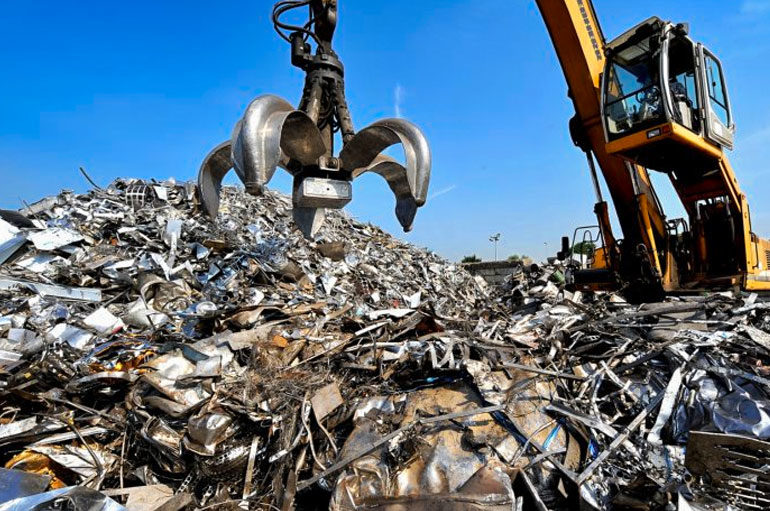
SEP 06, 2023
How To Start Recycling Steel
Recycling steel with a reputable scrap metal company can decrease demand for raw materials while saving energy consumption, reducing landfill space, lowering carbon emissions, and lessening landfill burden. RCM Recycling explains how easy and effective steel recycling can be implemented into everyday life.
Understanding the Benefits of Recycling Steel
Before diving into scrap metal recycling, let us understand its significance and benefits. There are multiple advantages associated with recycling this resource. For starters:
- Conserving Resources: Steel recycling reduces the need to mine new iron ore for extraction, thus conserving natural resources while mitigating environmental effects from mining operations.
- Energy Savings: Recycling steel requires considerably less energy than producing it from raw materials, helping lower greenhouse gas emissions and combat climate change.
- Waste Reduction: Steel is extremely strong, and recyclable steel can divert much waste from landfills while increasing its lifespan and prolonging its existence. By recycling steel, we divert an immense amount of trash from them while helping extend their useful lifespans.
Preparing to Recycle
- Collect Steel Items: Begin collecting all steel items that you plan on recycling - such as cans, appliances, tools, furniture, and vehicles. Clean these items well before collecting and remove non-metal parts such as plastic or rubber before recycling with a scrap metal buyer.
- Sorting: As part of the recycling process, sort various kinds of steel into various categories. Steel can generally be divided into two main groups - ferrous (magnetic) and non-ferrous (non-magnetic). A magnet will help determine whether an object contains ferrous steel. Taking this step helps ensure an efficient recycling experience.
Locating a Recycling Center
- Search Local Recycling Centers: Look for recycling centers or scrap yards that accept steel for recycling purposes, with certified facilities that adhere to responsible recycling policies and have earned a good reputation among their peers.
- Contact Recycling Centers: Reach out to recycling centers to obtain more information regarding their steel recycling procedures, acceptable materials, drop-off hours, and any specific requirements they might have.
- Drop-Off or Pick-Up: Generally, small quantities of steel items can be taken directly to a recycling center without outside help, provided you follow their directions, such as sorting materials and safety rules.
- Pick-Up Service: Some recycling centers provide pick-up services for larger volumes of steel to be recycled, making this option particularly appealing if your material requires transportation services. When recycling large amounts, check with each center if this service is provided, as it could simplify life!
Receiving Payment
- Prices: Most recycling centers pay by weight; your price may depend upon its type and current market rates, which could cause it to fluctuate. Keep this in mind, as prices can shift depending on market forces.
- Weight and Payment: When visiting the recycling center, your steel items will be weighed, and the amount paid out depends upon that weight. Be aware that some centers require identification documents to pay you.
Environmental Impact
Recycling steel helps lower carbon emissions, conserve natural resources, and promote a circular economy. Your efforts help lower new steel production's energy and raw material requirements while decreasing mining's adverse ecological impact.
RCM Recycling
RCM Recycling strives to make steel recycling seamless and eco-friendly. Our facilities accept various steel items that must be properly processed before recycling. This allows RCM Recycling to remain committed to sustainable practices, helping promote a greener world through responsible steel recycling practices.

